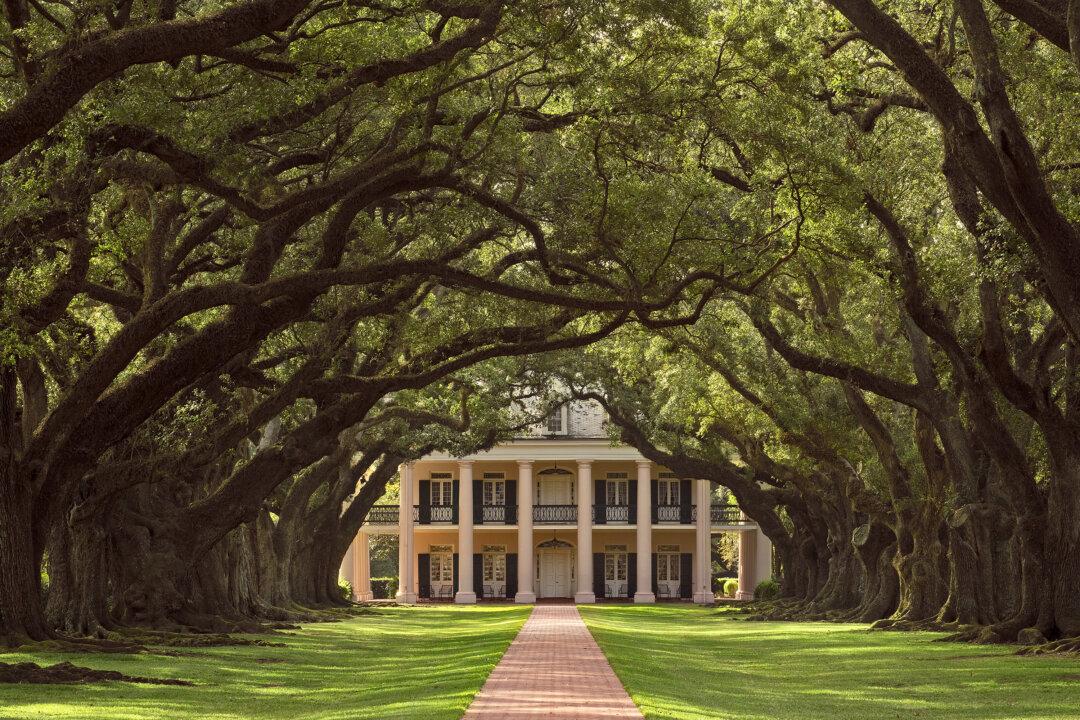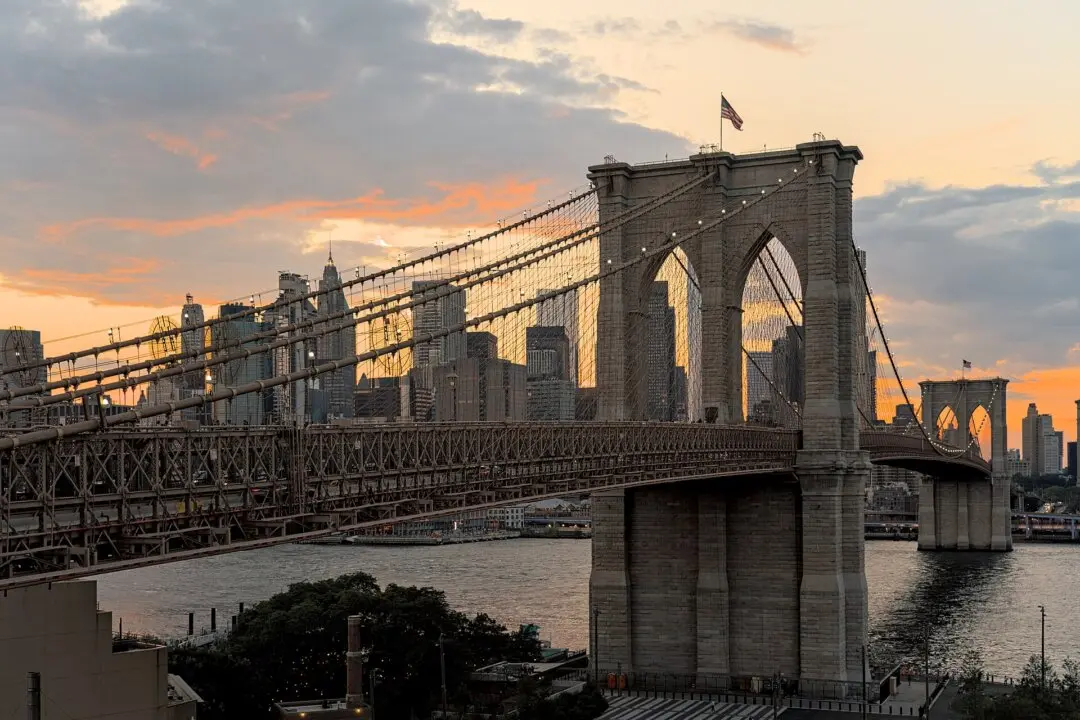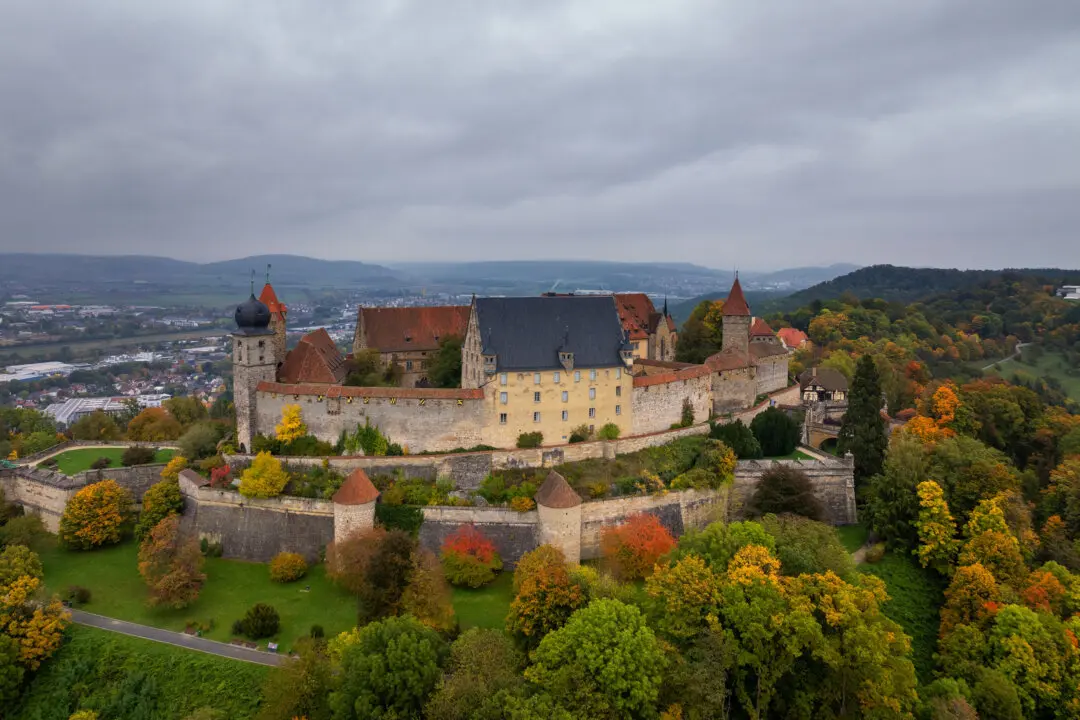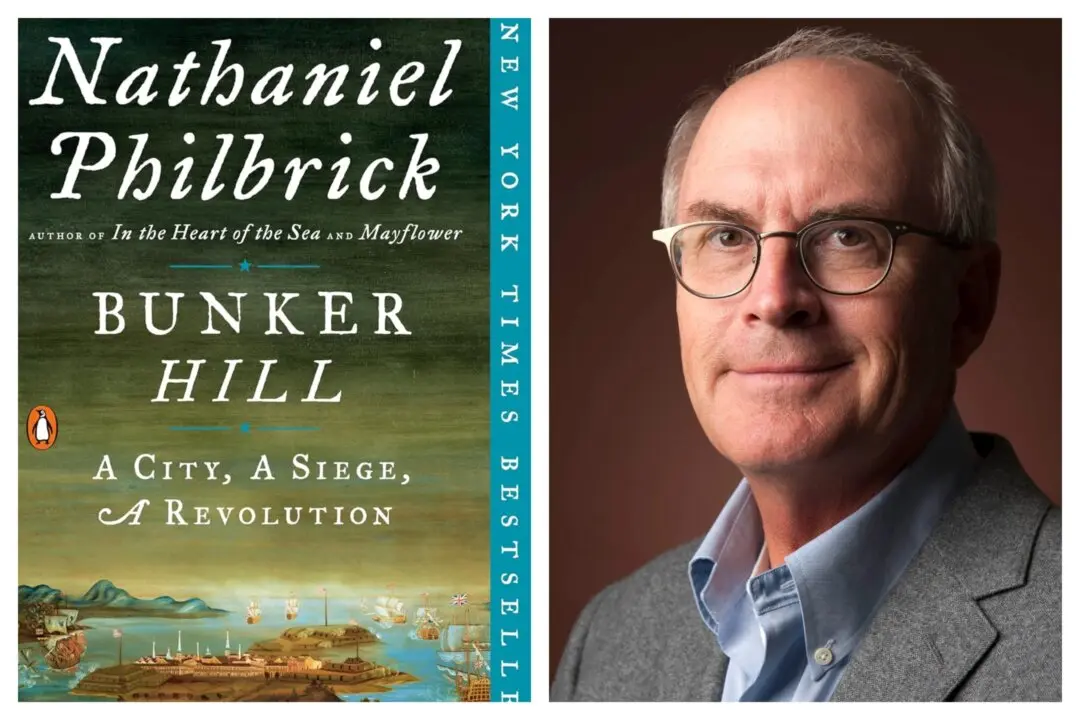“There is no joy in possession without sharing.” — Erasmus
Williamsburg, Virginia, artist Ashley Seutter (nom de plume, Sally St. Rose) has been gardening for the last several years on her small plot of land, as well as organizing a neighborhood community garden. She dries seeds each fall and saves them for spring planting. But a few years ago, she began to realize that she was saving more seeds than she could use, so her surplus was mailed off periodically to friends and family. Then, a friend sent Rose a photograph of a seed library.





